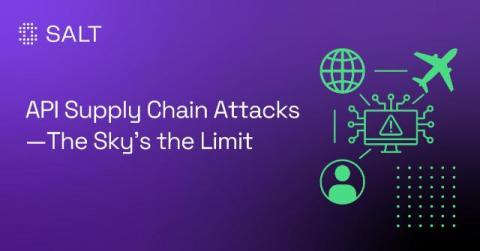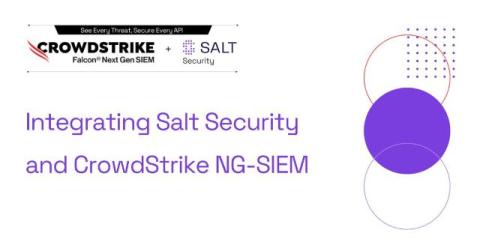Why API Security is Essential for the Hospitality Sector: Safeguarding Your Guests and Your Rewards
Trust is the cornerstone of the hospitality industry. Guests rely on you to safeguard their personal data, payment information, and loyalty rewards. However, in today's digital landscape, this trust faces constant risks. APIs, which serve as the unseen connections among various systems and applications, are particularly vulnerable to cyber threats. A single flaw can compromise sensitive data and cripple your brand’s reputation.











